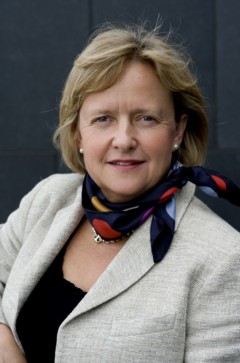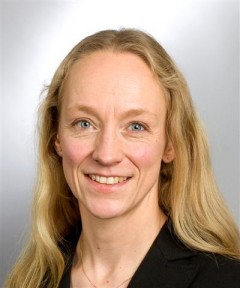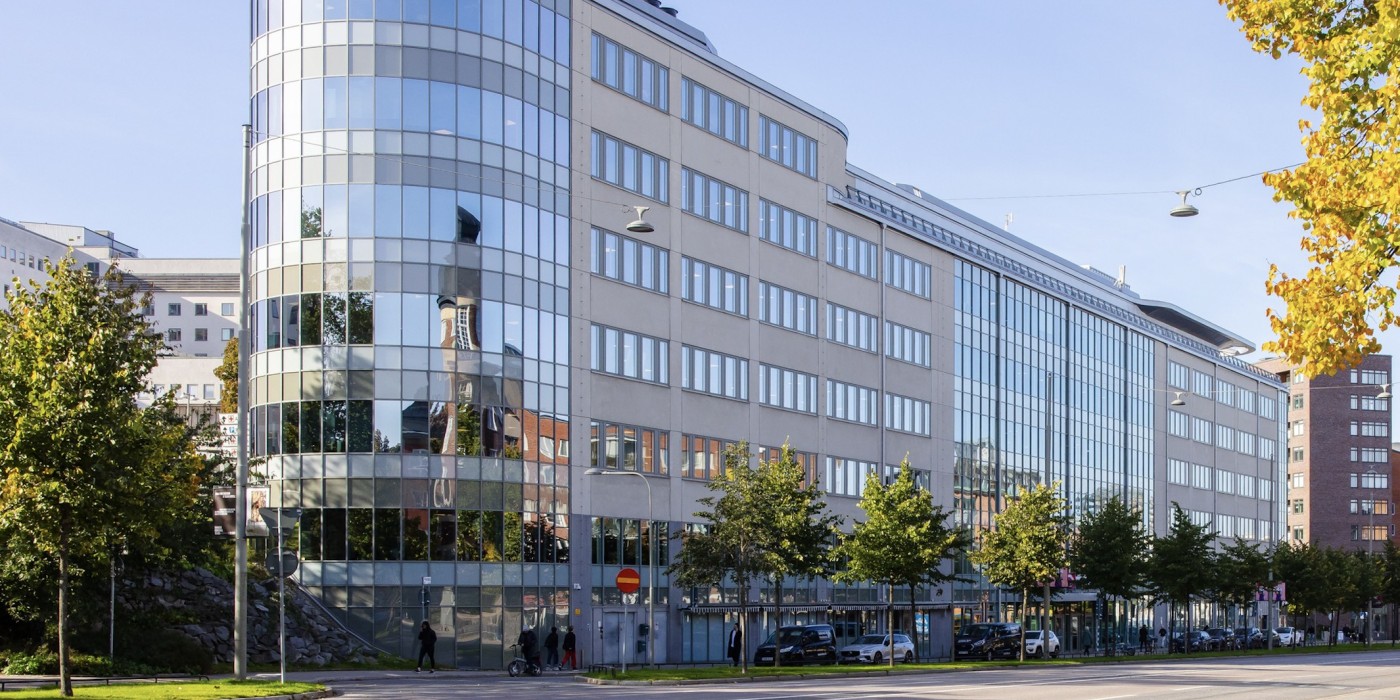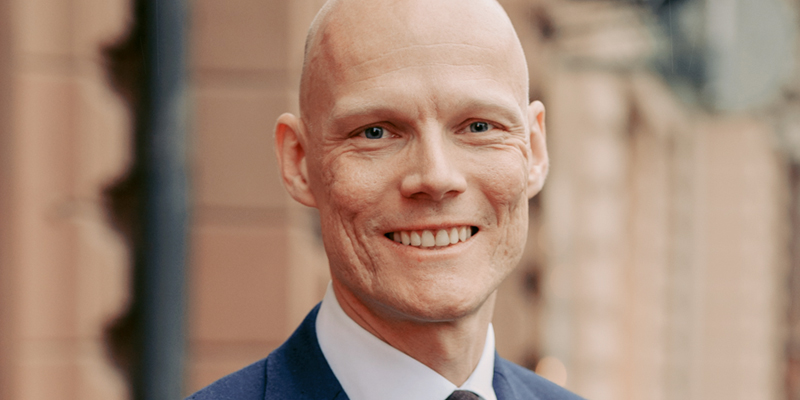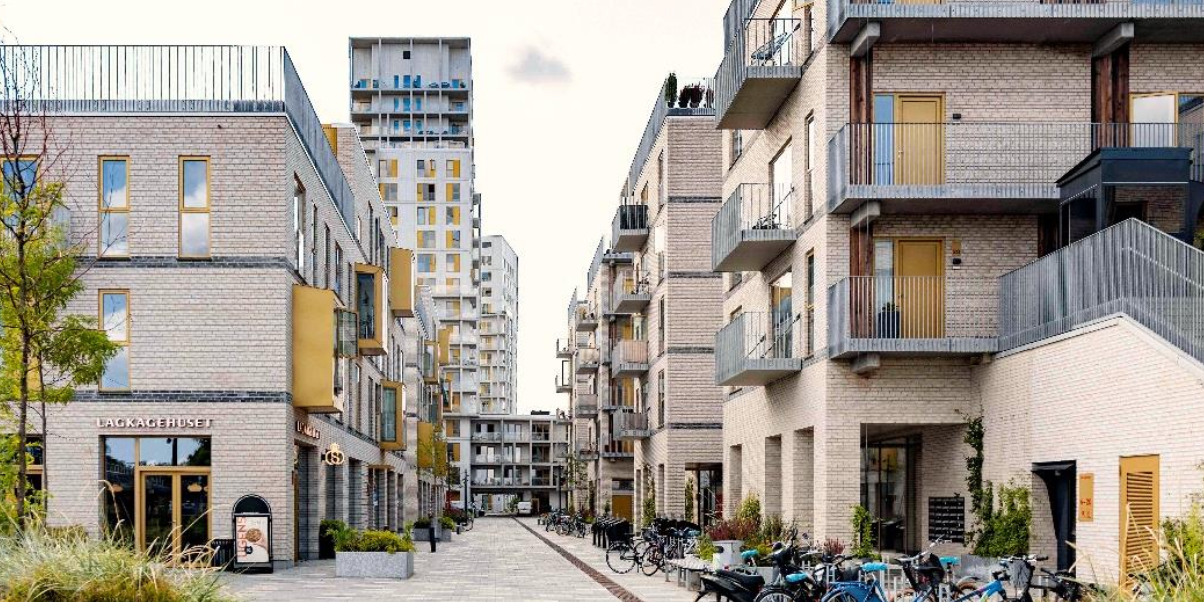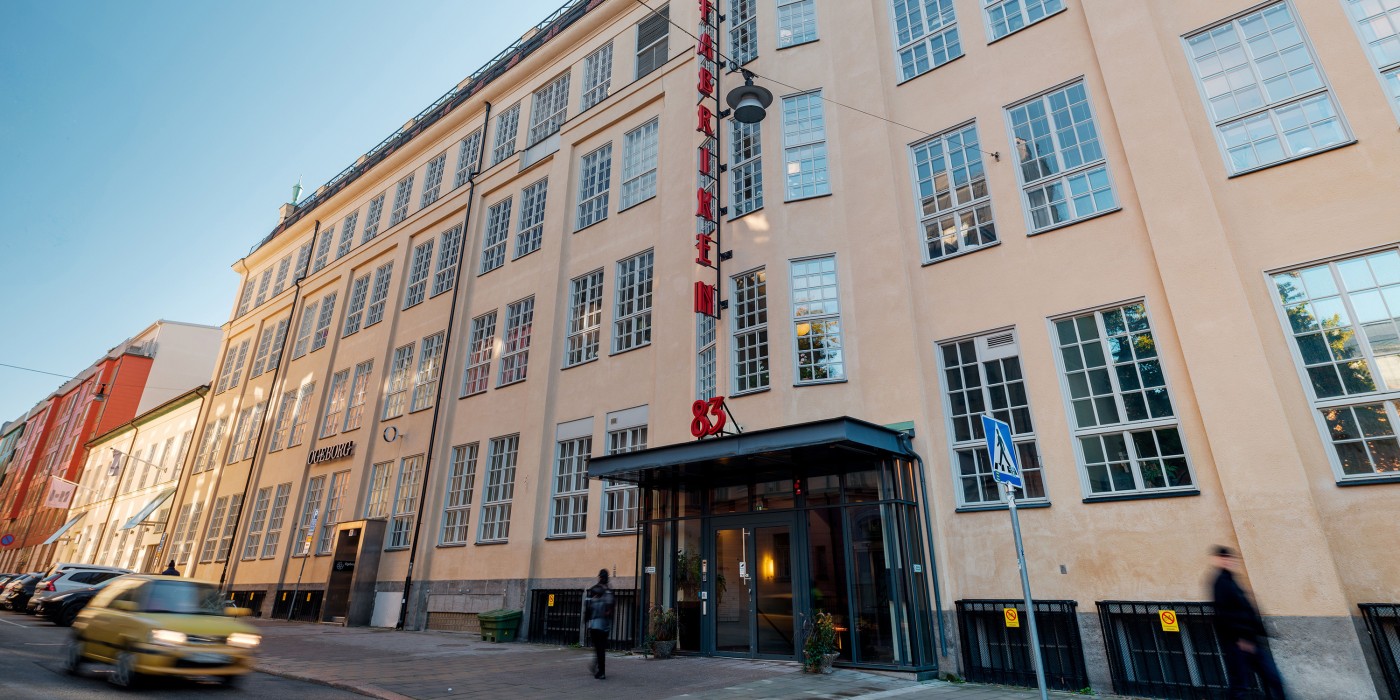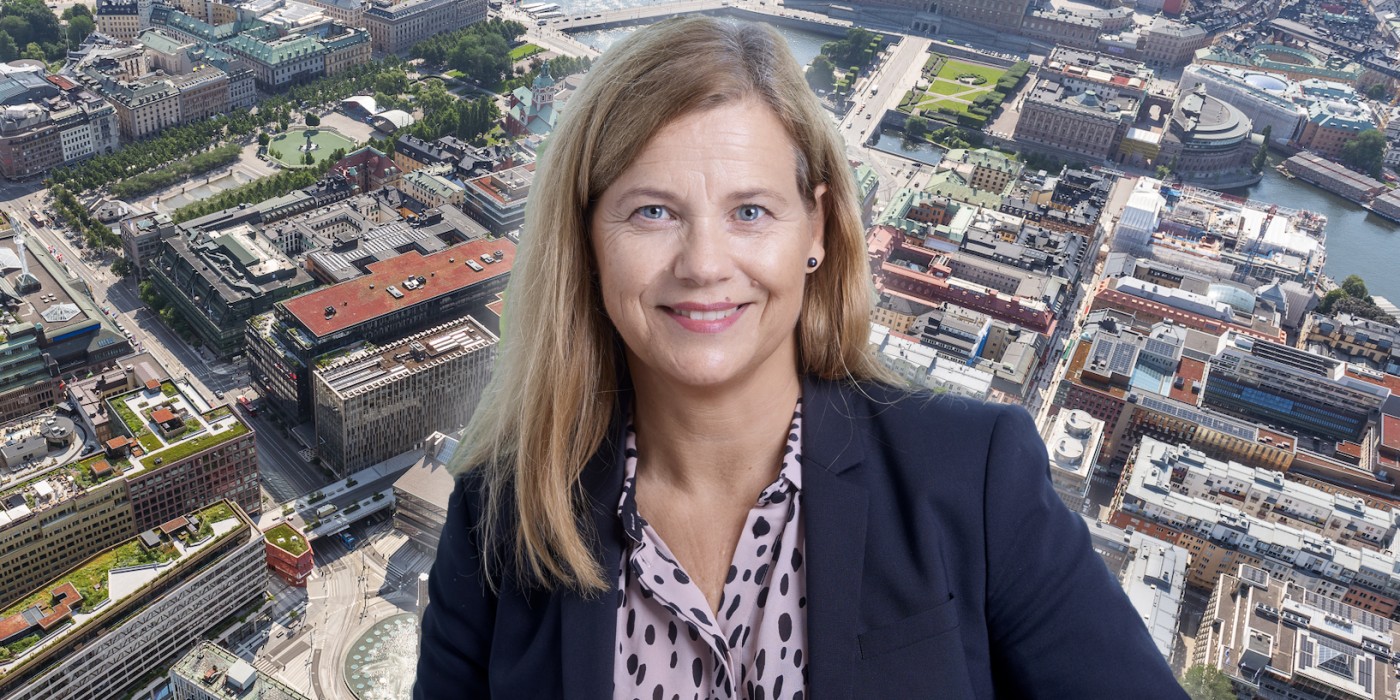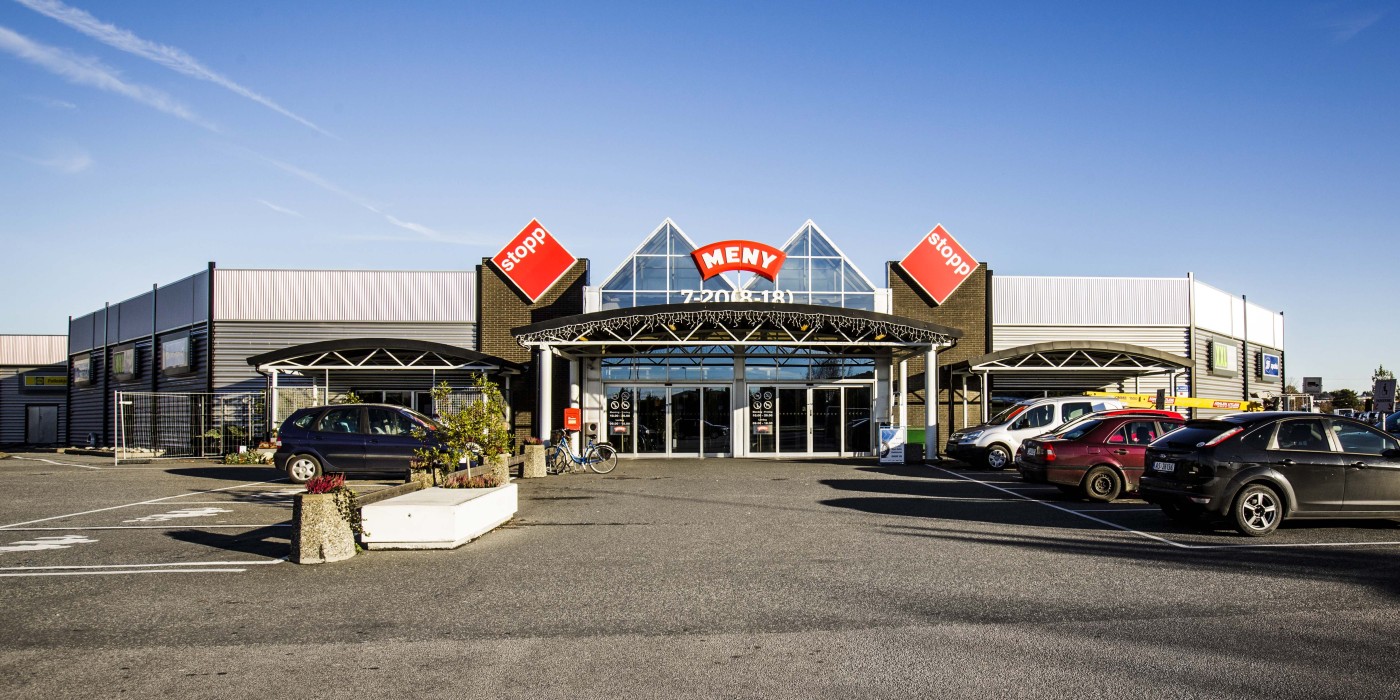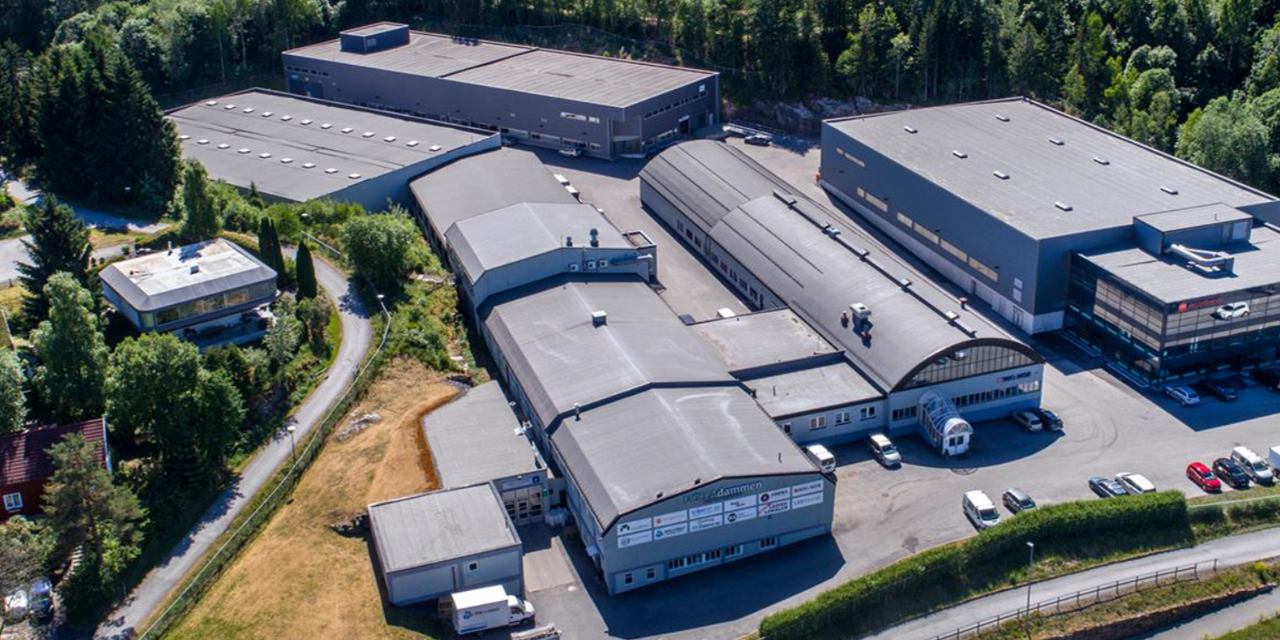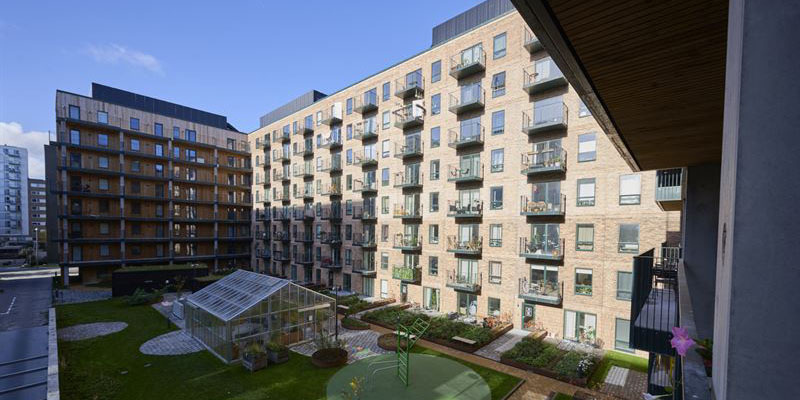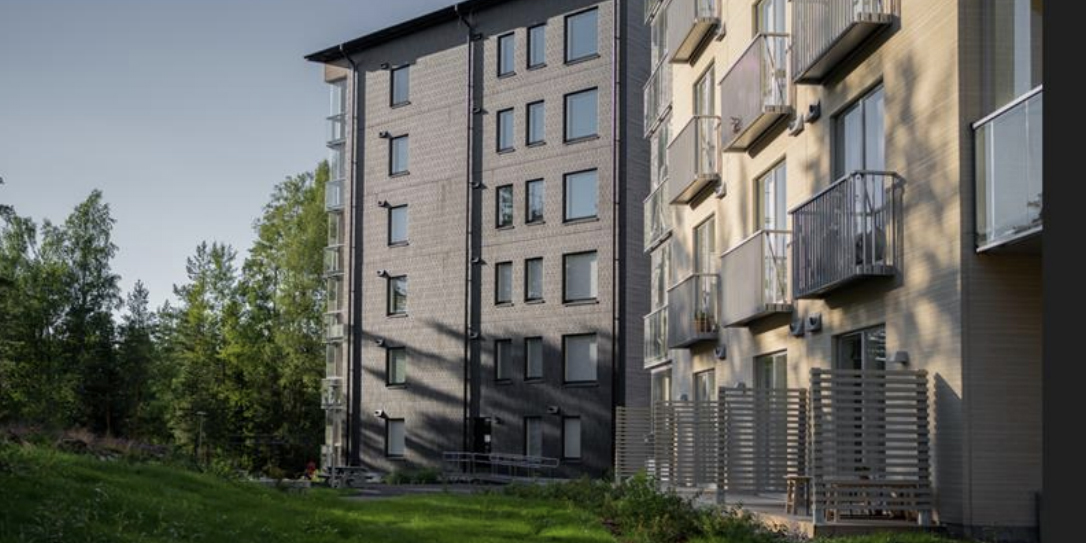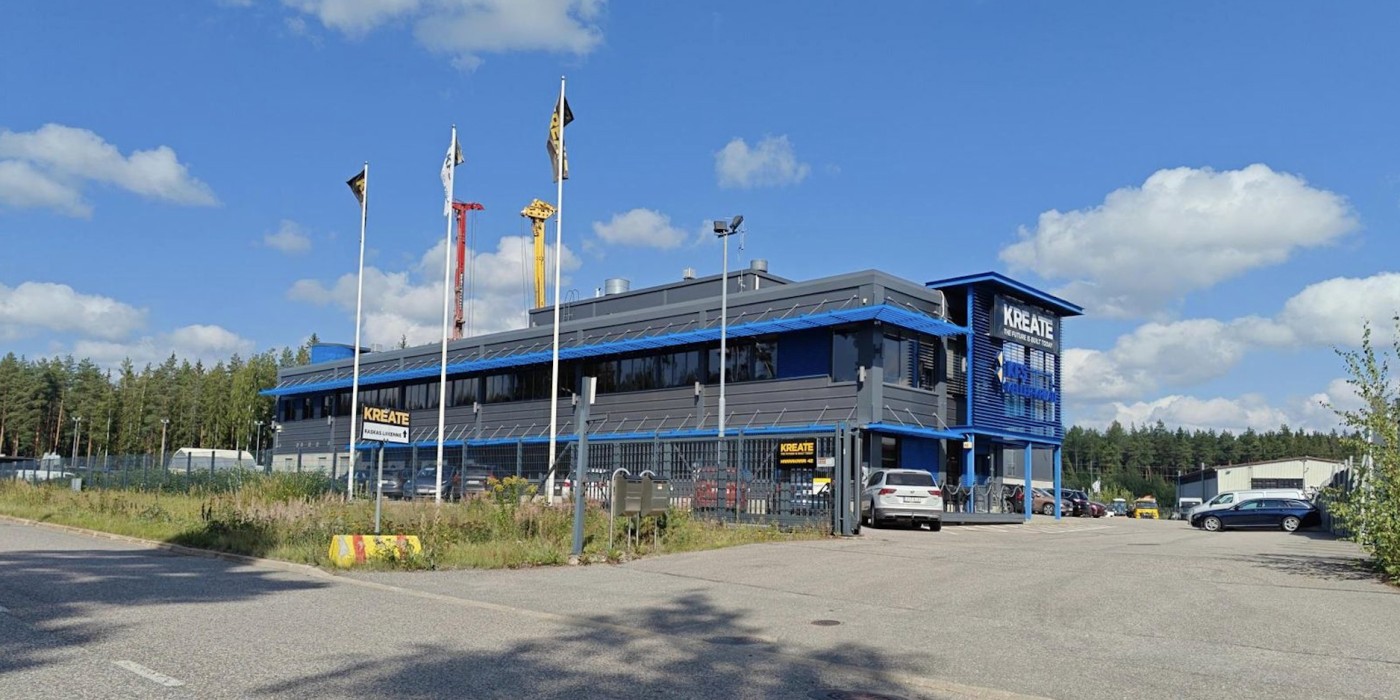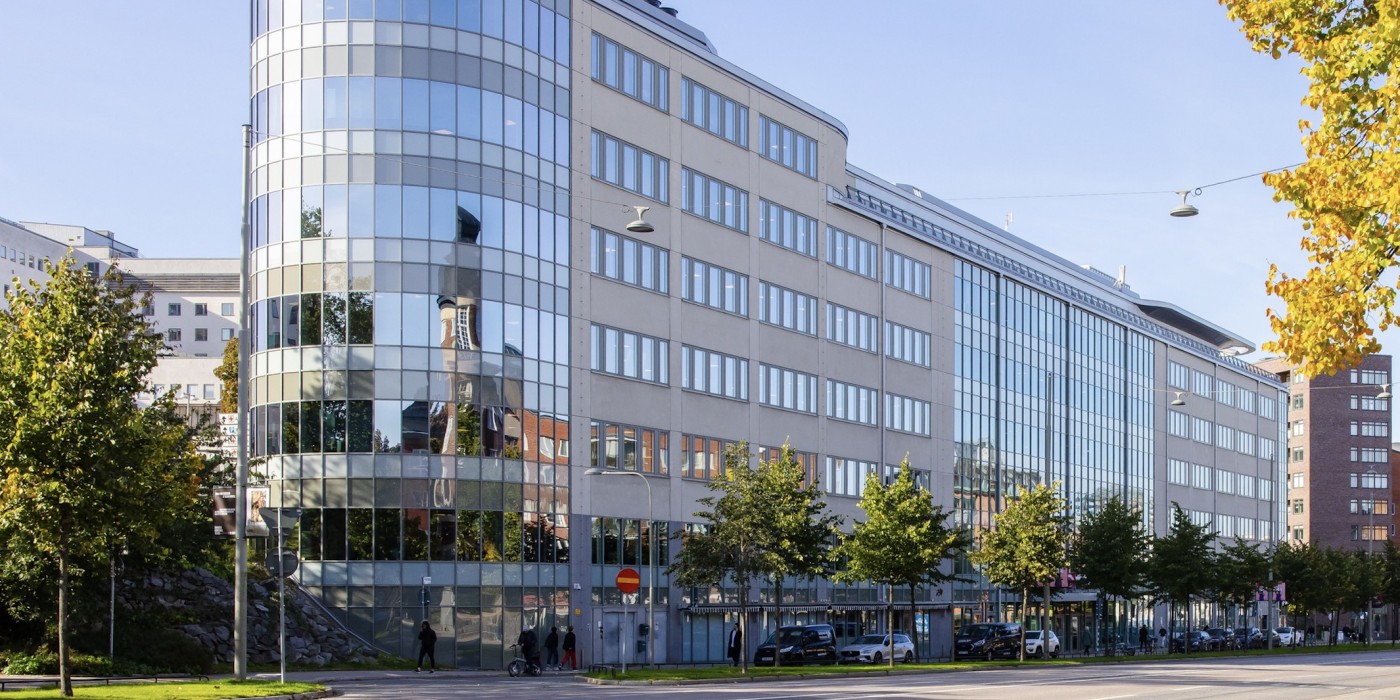Investment levels are now in line with those before the financial crisis. The total volume invested in property (invested stock) in the world reached a record high of USD 13,600 billion or about SEK 112,200 billion last year. This is an increase of 5% year over year and a full 19% more than in 2008, which was the record year before the financial crisis.
Invested stock is the (open market) value of commercial real estate held by investors. This covers institutions, funds, listed sector and private companies/individuals. The volume increases when private users/owners sell their properties to investors, or when new properties are built and ends up in investors’ possession, and when property values in investors' portfolios rises.
In Sweden the invested real estate volume reached SEK 1,182 billion in 2014, representing a 10% increase over the year. This is a strong performance compared to Europe overall, which grew nearly 4% in local currency terms.
- Debt wise, I would say the Swedish market has ridden the recent downturn well and is in a growth position, says Karin Witalis, Head of Research, DTZ in Sweden. There has typically been lower levels of gearing and a stronger ownership by institutions. Lower gearing in Sweden has been a factor in relatively stronger growth.
According to the report USD 633 billion (about SEK 5,200 billion) globally was invested in commercial real estate in 2014. This volume is just below the record level reached just before the last financial crisis. Transaction volumes in Sweden totaled SEK 158 billion in 2014, which is 2% higher than the previous record in 2008.
The investment boom in Sweden and the world is explained by a large number of financially strong investors seeking returns in an extremely low interest rate environment. Compared with stocks and bonds real estate appears attractive for investments. Capital flooding into the real estate markets have resulted in yield compression in both the top quality segment and for secondary properties.
- Prime yields in a number of cities are back where they were in 2007, and in some markets including Stockholm they are actually lower today, says Agneta Jacobsson, CEO of DTZ in Sweden. The weight of capital represents a clear and present risk for many markets, driving a disconnect between pricing and fundamentals. It is critical that investors focus on a market’s fundamentals – demand, supply and income – in order to minimize risks.
DTZ Money Into Property – Risks from Overheating Markets
 Sweden —
Real estate remains attractive and many markets are hot, some showing signs of overheating, according to the 41st edition of DTZ’s flagship report Money into Property.
Sweden —
Real estate remains attractive and many markets are hot, some showing signs of overheating, according to the 41st edition of DTZ’s flagship report Money into Property.
2015-07-03
Eddie Ekberg
[email protected]


 All Nordics
All Nordics
 Denmark
Denmark
 Finland
Finland
 Norway
Norway
